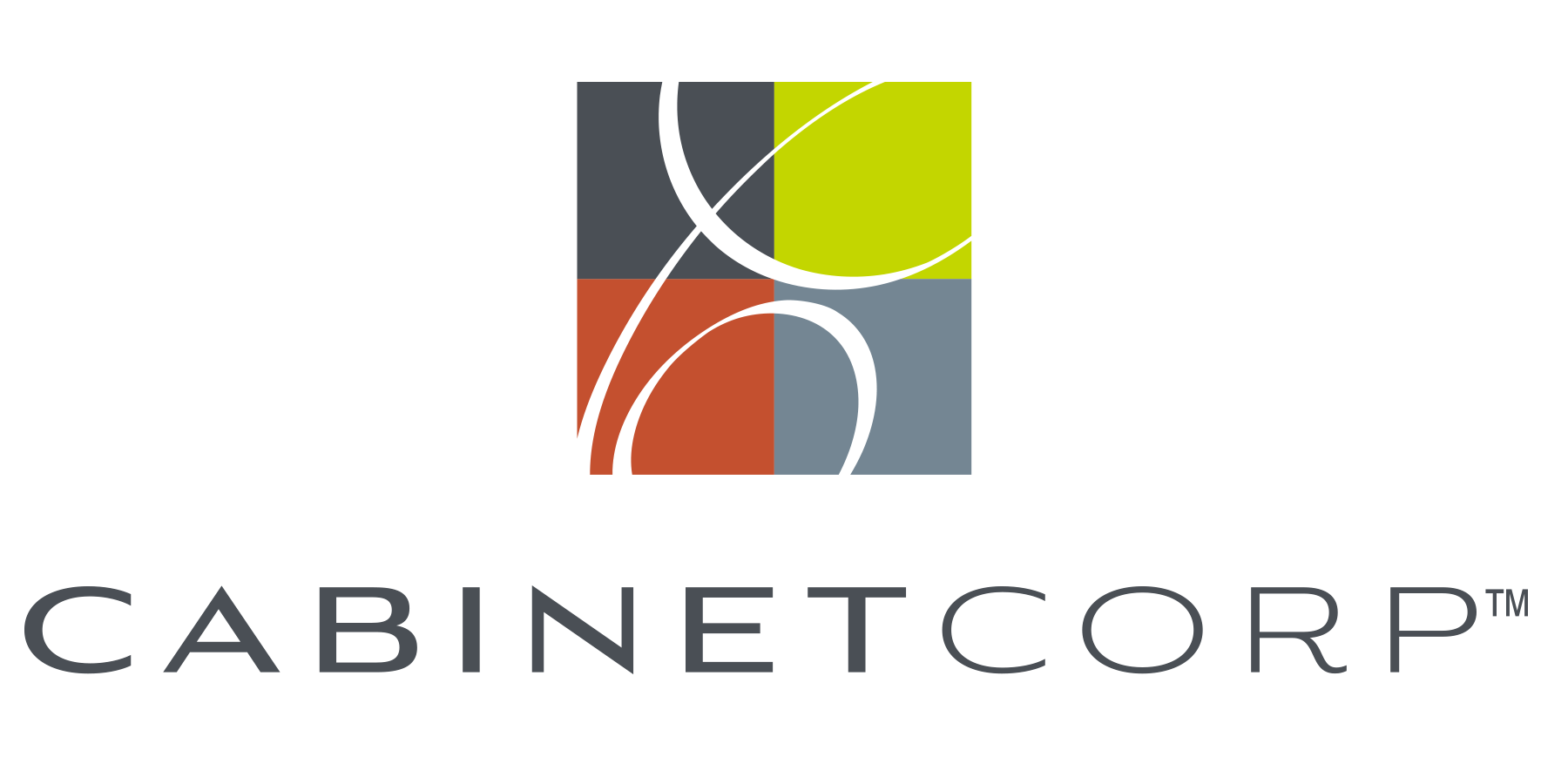BLURB: The real estate industry is highly versatile with multiple investment vehicles but it’s also a highly demanding industry where you need to be on your toes. Here are four ways in which real estate professionals can seize every opportunity to reduce overheads and increase cash flow.
Any business will have multiple avenues of spending – be it be, big ticket expenses like advertising or taxes or smaller things like office overheads or the labor you hire. Business owners need to do everything they can to hold onto as much of their earnings as possible. The key to succeeding at real estate investing lies in treating it like a business, rather than a side hustle, so it’s very important to know where you can cut costs.
Very often, small business owners, like real estate investors or landlords, tend to over-invest, justifying the expense to themselves as the first step towards making more money. Unfortunately, these expenditures upend the overheads, leaving behind a negative cash flow business.
Here are some simple ways in which you can reduce costs and pocket more from your real estate business
Office Overheads
Any change should begin at home, or, in this case, at the office. The supplies you get for your real estate business, like printers, printer cartridges, stationery, laptops and mobile phones are the first place you should look at when you want to reduce your expenditure.
- Businesses, irrespective of the industry, are increasingly gearing up to take the paperless route. Many of them are adopting latest technologies that allow digital form-filling, signing, record-keeping, billing and accounting among other things.
- If you’re someone who feels more secure with physical records and files, then you can cut costs by purchasing recycled printer cartridges; choosing a vendor for office supplies after comparing multiple quotes; or, switching to suppliers like Amazon, Walmart or BJ’s as they can offer better discounts than traditional vendors.
- You could also reduce your costs by choosing gadgets that meet all your tech needs but aren’t necessarily the most advanced or the latest on the market. This extends to using free versions of apps as much as possible, too.
Smart Promotions
If you’re a real estate investor, you know you won’t make any money staying barely visible to potential leads. The good news is, you don’t have to spend an arm and a leg on your promotional efforts. Here are some really effective, yet inexpensive ways in which you can promote your real estate business:
- Choose door hangers over direct mail because it gives better bang for your buck. Door hangers make sure potential leads engage with your message as that’s the only way to get inside their homes. And that’s why it’s far more effective than a piece of mail that will most likely be lost in a stack of bills.
- Client packets are dynamite when it comes to promotional efforts: They are not only a great way to showcase the goodwill you’ve earned from previous clients, but also work beautifully to convert leads more decisively.
- Split promotional costs with people who run an allied businesses: If you’re an investor, you could share your costs with a realtor, a general contractor or a home inspector. You could take your relationship further by sharing absentee-owner lists, foreclosure lists and so on.
Be Quirky Be Memorable
Entering the real estate industry is not as tough as it is to be recognized in the industry. Real estate professionals need to stand out from the crowd if they want to create a positive cash flow in their business. Here are three easy ways to do that while cutting costs:
- Be quirky by sending handwritten notes to sellers, clients or potential leads. Technology might be ubiquitous but it’s for that very reason personally written notes remain in the minds of people. And, the biggest investment it requires is your time.
- Make sure the house you show or want to sell has at least one element that really sticks out – like an exotic statue; a bright and bold design element; or artwork displayed in unconventional patterns. These ideas usually cost very little but go a long way in making your house stand out among the multiple “normal and nice” homes that buyers visit.
- If you want top-of-the mind referrals from people in the community, then you need to first show them you care. Participating in events that give back to the community; sponsoring a youth sports team; or, volunteering your time and expertise at the community college will ensure you and your business are remembered by those who matter.
Leverage The Internet
People are increasingly depending on the internet to help them make decisions in life – both big and small – and it’s only common sense that all businesses need to optimize themselves for the internet. Here are three ways to get the most out of the internet for your business:
- Businesses using social media to promote themselves has already started sounding old, despite it being a relatively recent development. The fact that you can reach millions of people at no cost is tremendous, especially for small business owners like real estate professionals.
- There are scores of tools on the internet that are either free of cost or priced very affordably. For instance, real estate businesses can get free cloud storage for their files; increase their subject knowledge through sites dedicated to providing free real estate education; make use of project management tools and productivity boosting apps at no cost; or, align their marketing and sales efforts.
- It’s no secret that finding and hiring the right kind of labor in real estate is neither easy nor inexpensive. The internet can reduce your hiring burden by helping you find cheap – not inefficient – laborers like interns, part-time professionals, independent contractors and virtual assistants.
Forget the FICA Tax
An important tax advantage that real estate professionals have over other self-employed persons is that they are exempt from paying the Federal Insurance Contributions Act (FICA) tax. The income they receive from money invested in rental properties is not considered as earned income, which is why real estate investors don’t have to shell out 15.3% of their income for the FICA tax. There are several other tax advantages that people with real estate businesses can avail of. However, always consult a investing-savvy CPA who can give you proper advice.
Successful businesses are built over dreams with sweat and lots of smart penny-pinching. Your real estate business is no different and being aware of where and how to cut costs will put you on the right track to creating a highly profitable enterprise.





























































